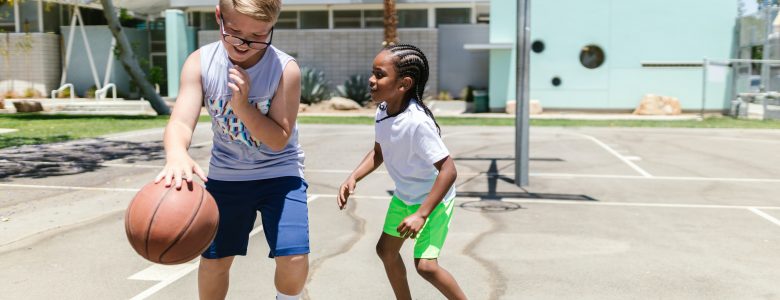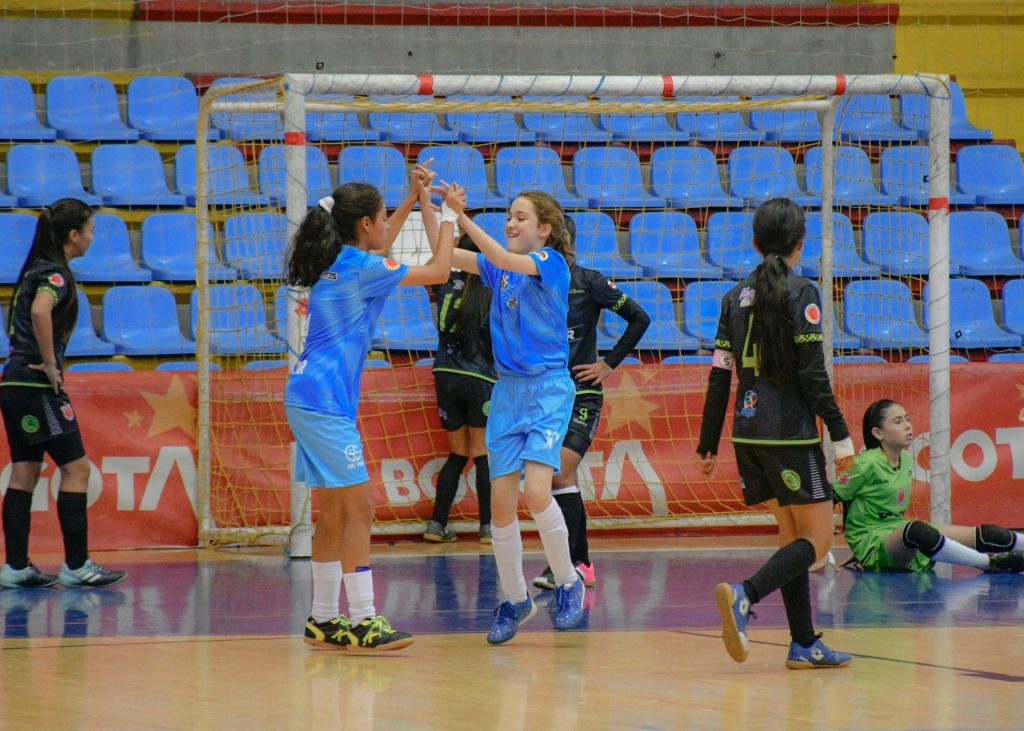
Protecting children’s teeth from sports injuries
Sports activities play a crucial role in children’s physical and mental development. However, it’s important to recognize that participation in sports can also pose risks to children’s oral health, particularly their teeth. Sports injuries can result in painful dental trauma, affecting a child’s smile, overall oral health, and self-esteem. Here at Petit Smiles, we present this article, in wich we will explore the significance of protecting children’s teeth from sports injuries and discuss effective preventive measures that parents, coaches, and caregivers can implement to safeguard their oral well-being.
- The Importance of Protecting Children’s Teeth
Maintaining oral health is not solely about brushing and flossing regularly; it also involves protecting teeth from potential injuries. Sports-related dental injuries can occur in a variety of ways, including direct impacts to the face, falls, collisions with other players, or accidental contact with equipment. These injuries can lead to chipped, fractured, or knocked-out teeth, as well as damage to the jaw or surrounding soft tissues. Apart from the physical pain and potential long-term consequences, dental injuries can also have psychological and emotional impacts on children, affecting their confidence and overall well-being.
- Understanding Common Sports-Related Dental Injuries
To effectively protect children’s teeth, it is essential to understand the types of dental injuries that can occur during sports activities. Common injuries include tooth fractures, dental avulsions (complete tooth loss), luxations (displacement of teeth), and soft tissue injuries. Tooth fractures can range from minor chips to more severe fractures that expose the inner layers of the tooth, requiring immediate dental attention. Dental avulsions are particularly challenging, as rapid action is necessary to increase the chances of successful tooth re-implantation. Luxations can result in teeth being pushed out of their normal positions, while soft tissue injuries can cause damage to the gums, lips, or tongue.

- The Role of Mouthguards in Preventing Dental Injuries
Mouthguards are an integral part of protecting children’s teeth during sports activities. These custom-fitted devices act as a cushion, absorbing and distributing the force of impact away from the teeth and jaws. They can significantly reduce the risk of tooth fractures, avulsions, and other oral injuries. There are different types of mouthguards available, including custom-made, boil-and-bite, and stock mouthguards. Custom-made mouthguards, created by dental professionals, provide the best fit and protection as they are specifically tailored to an individual’s mouth. Boil-and-bite mouthguards are more affordable and can be molded to fit a child’s teeth after being softened in boiling water. Stock mouthguards, although readily available, offer the least protection and may not fit properly, compromising their effectiveness. It is crucial for parents and caregivers to choose the right type of mouthguard for their child to ensure maximum protection.
- Educating Children on Dental Safety
Empowering children with knowledge about dental safety is crucial in preventing sports-related injuries. Teaching them the importance of wearing mouthguards, demonstrating proper techniques for helmet and face shield usage, and promoting good sportsmanship and fair play can contribute to a safer sports environment. Children should understand the potential risks involved in sports and be educated on the importance of protecting their teeth and oral health. By explaining the potential consequences of dental injuries and the preventive measures they can take, children can actively participate in their own dental safety. Parents and caregivers can use visual aids, such as posters or videos, to illustrate the importance of dental protection and demonstrate proper techniques.
- Creating a Safe Sports Environment
In addition to individual efforts, creating a safe sports environment is essential for minimizing the risk of dental injuries. Coaches, athletic trainers, and school officials should implement safety protocols and enforce rules that prioritize the well-being of young athletes. Regular equipment inspections, such as checking for properly fitting helmets and face masks, ensuring the maintenance of well-maintained playing surfaces, and providing access to emergency dental care are crucial steps toward creating a safer sporting environment for children. By promoting a culture of safety and responsibility, adults can significantly reduce the risk of sports-related dental injuries.
- Emergency Response and Dental Trauma Management
Despite preventive measures, dental injuries may still occur. Therefore, it is vital for parents, coaches, and caregivers to be prepared to respond promptly and effectively to dental emergencies. When a dental injury occurs, immediate action is crucial. If a tooth is knocked out, it should be handled carefully by the crown (top) and rinsed gently with milk or saline solution, avoiding scrubbing or touching the root. The tooth should be re-implanted if possible or placed in a tooth preservation kit or milk to keep it moist until emergency dental care can be provided. In the case of fractures or luxations, children should be taken to a dentist immediately for assessment and appropriate treatment. Timely action can significantly impact the chances of successful dental treatment and minimize long-term complications.
| Recommendation | Description |
|---|---|
| Wear a properly fitted mouthguard | Encourage children to wear a custom-made or boil-and-bite mouthguard during sports activities to absorb and distribute the impact of potential collisions, reducing the risk of dental injuries. Stock mouthguards should be avoided due to their limited protection and poor fit. |
| Educate children on dental safety | Teach children about the importance of dental protection, including wearing mouthguards, using proper helmet and face shield techniques, and maintaining good sportsmanship. Visual aids, such as posters or videos, can be helpful in illustrating the importance of dental safety and demonstrating proper techniques. |
| Create a safe sports environment | Coaches, athletic trainers, and school officials should enforce safety protocols, such as regular equipment inspections, to ensure that helmets, face masks, and playing surfaces are in good condition. Additionally, provide access to emergency dental care in case of dental injuries during sports activities. |
| Promote regular dental check-ups | Encourage routine dental check-ups to monitor oral health and identify any potential issues. Regular visits to the dentist allow for early detection and treatment of dental problems, reducing the risk of complications and ensuring optimal oral health. |
| Emphasize proper technique and sportsmanship | Teach children the correct techniques for playing their chosen sport, including proper form, posture, and execution. Emphasize the importance of fair play, respect for opponents, and adherence to rules to minimize the risk of unnecessary physical contact and avoidable injuries. |
| Establish a comprehensive emergency response protocol | Educate parents, coaches, and caregivers on immediate actions to take in case of dental injuries, such as retrieving knocked-out teeth, controlling bleeding, and seeking prompt dental attention. Ensure that all necessary emergency contact information is readily available during sports activities. |
Implementing these recommendations can significantly reduce the risk of dental injuries and protect children’s teeth during sports activities. Remember, prevention and prompt action are key to ensuring the oral health and well-being of young athletes.
Conclusion
Protecting children’s teeth from sports injuries is a multifaceted endeavor that requires a combination of preventive measures, education, and a safe sports environment. By recognizing the significance of dental safety, promoting the use of mouthguards, educating children, creating a safe sports environment, and establishing comprehensive emergency response protocols, parents, coaches, and caregivers can play an active role in safeguarding children’s oral health during sports activities. Prioritizing dental protection will not only preserve children’s smiles but also contribute to their overall well-being and enjoyment of sports. By implementing these measures, we can ensure that children can participate in sports activities with confidence, knowing that their teeth are well-protected.
If you have more specific questions or concerns about dental accidents while playing sports, do not hesitate to contact us at Petit Smiles in Coral Gables and Doral, FL.


